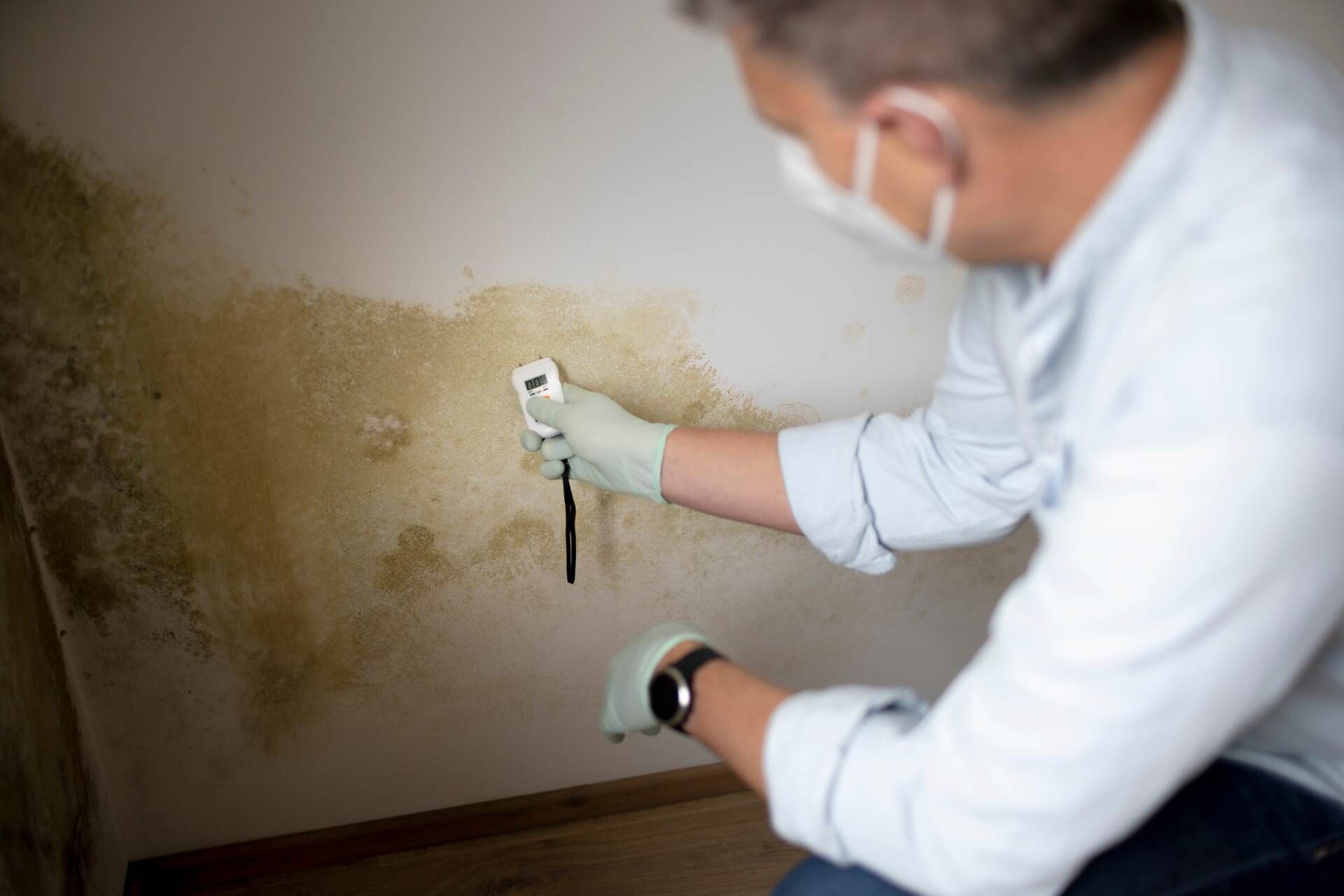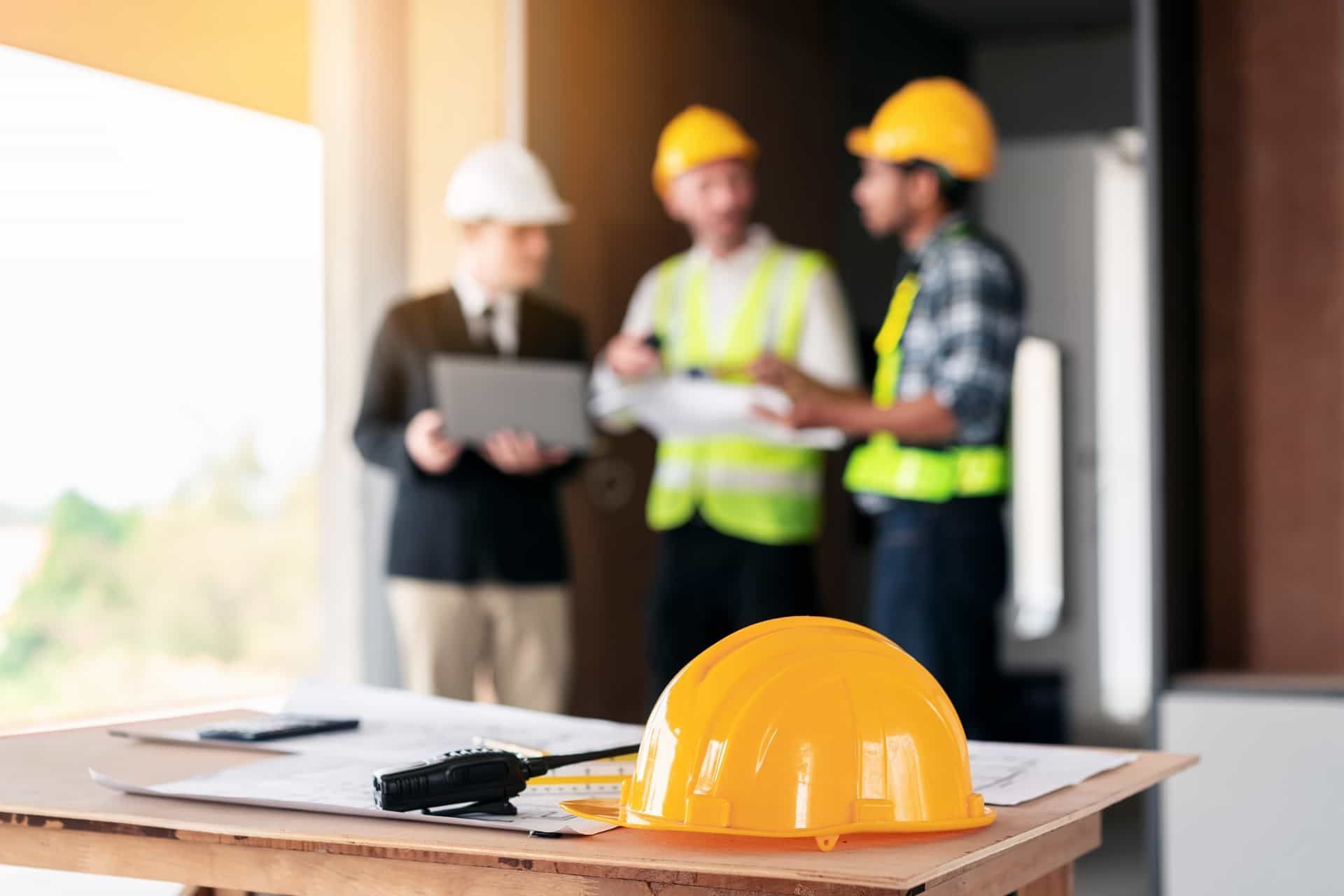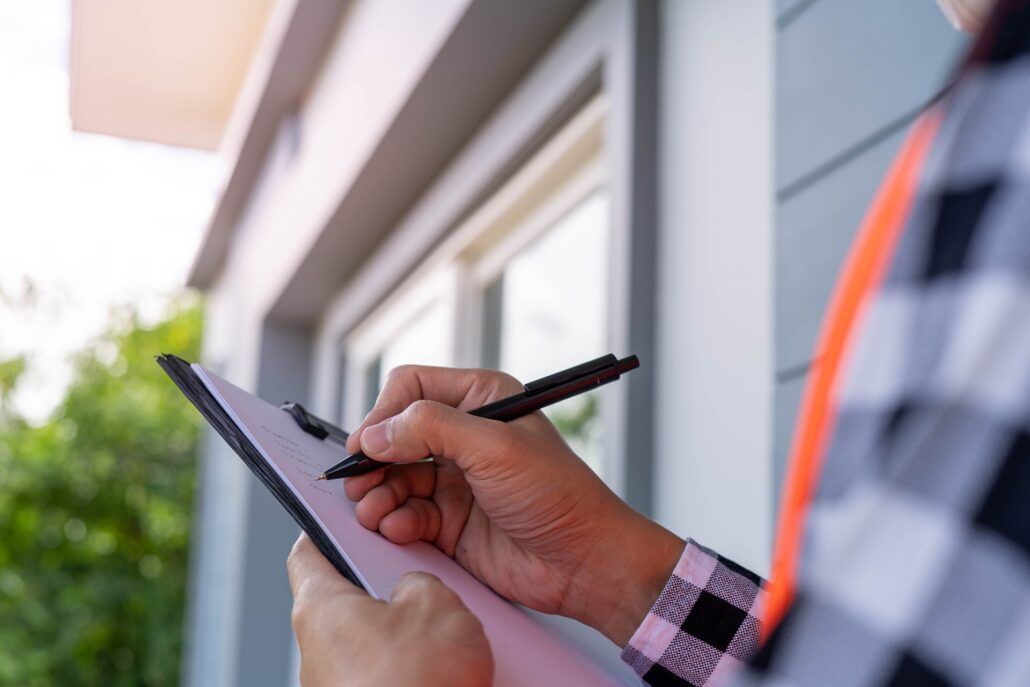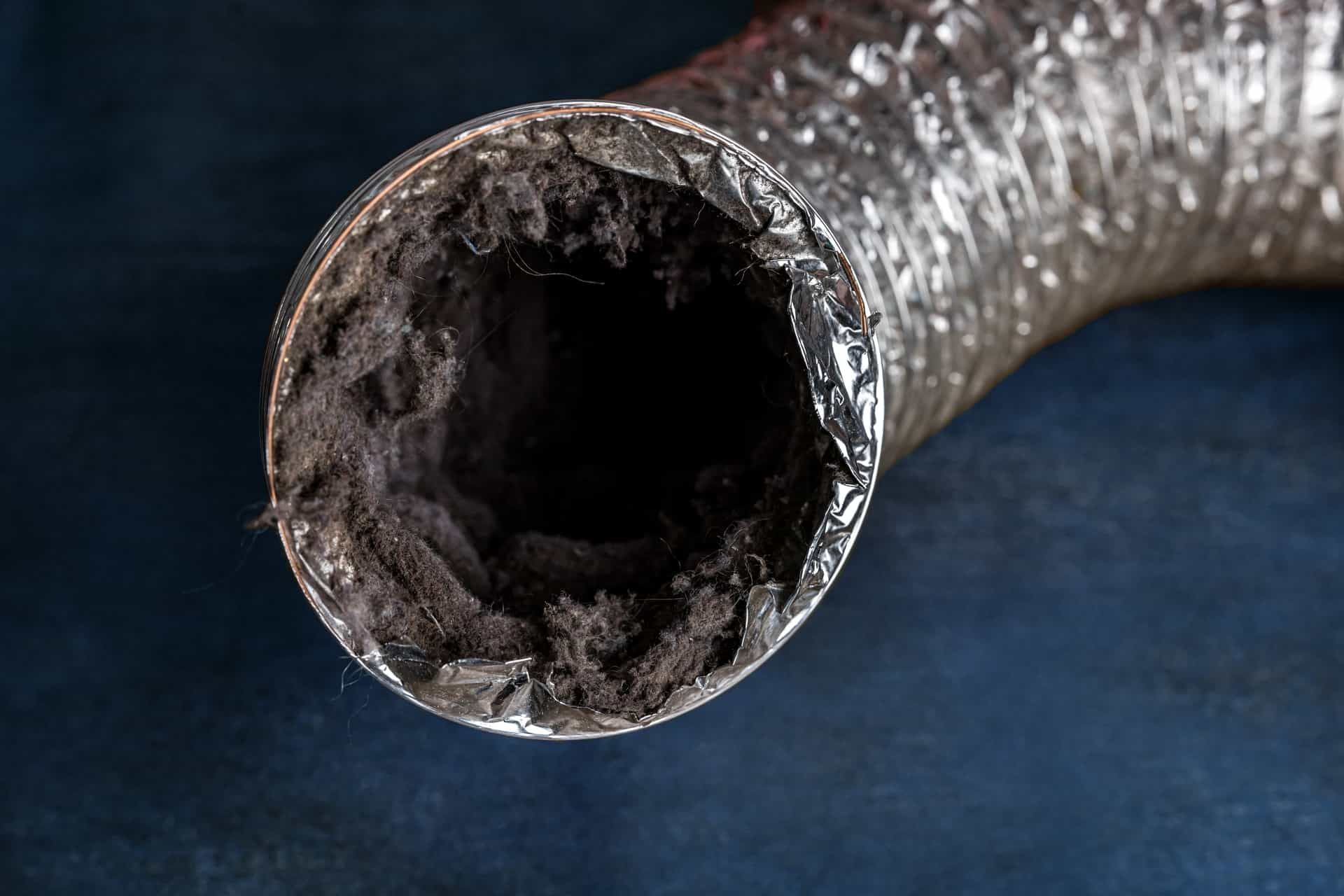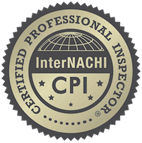Pre-Drywall Inspection – A Complete Guide
A pre-drywall inspection is a crucial step in the home-building process, ensuring that the structure, plumbing, electrical work, and HVAC systems are installed correctly before the walls are covered with drywall. If problems are identified at this stage, they can be fixed easily and affordably.
This guide will help you understand everything you need to know about a pre-drywall inspection.
What is a Pre-Drywall Inspection?
A pre-drywall inspection is a detailed examination of a home before the drywall is installed. This inspection checks the structural framework, electrical wiring, plumbing, and HVAC systems to ensure they meet both local and national building codes and quality standards. Since drywall covers these critical components, any mistakes left unchecked could lead to costly repairs in the future.
A
New Construction Inspection often includes a pre-drywall inspection as part of the process to ensure that everything is up to code before the walls are sealed.
Why is a Pre-Drywall Inspection Important?
A pre-drywall inspection helps homeowners and builders catch potential issues before they become hidden behind walls. Here’s why it’s important:
- Ensures Structural Integrity: Inspecting the framing ensures that the home is built correctly and can withstand environmental factors.
- Identifies Safety Issues: Faulty electrical wiring, plumbing leaks, or HVAC problems can be fixed before they cause bigger issues.
- Saves Time and Money: Fixing problems before drywall installation is much easier and less expensive than making repairs after the home is finished.
- Confirms Compliance with Building Codes: Inspectors check if the construction follows local and national building codes to prevent legal issues later.
- Gives Peace of Mind: Homeowners can feel confident that their new home is built correctly and safely.
What Does a Pre-Drywall Inspection Cover?
A pre-drywall inspection includes a thorough check of various elements of the home. Below are the main components that an inspector will evaluate:
- Foundation and Framing
- Ensures the foundation is free of cracks and properly sealed.
- Checks for proper framing, including alignment and stability of walls, doors, and windows.
- Examines support beams and load-bearing walls.
- Roof and Attic Structure
- Inspects the roof trusses or rafters for stability.
- Checks for proper installation of insulation and ventilation systems in the attic.
- Electrical System
- Ensures wiring is correctly installed and not exposed to potential damage.
- Confirms electrical panel placement and wiring connections.
- Checks for the proper installation of light switches, outlets, and junction boxes.
- Plumbing System
- Inspects water supply lines and drainage pipes for leaks.
- Ensures that pipes are properly supported and secured.
- Checks venting and pipe placement to prevent plumbing issues.
- HVAC (Heating, Ventilation, and Air Conditioning) System
- Verifies that ducts are properly installed and sealed to ensure efficiency.
- Ensures the placement of vents and returns allows for proper airflow.
- Checks for potential obstructions in the HVAC system.
- Windows and Doors
- Ensures that window and door frames are level and properly secured.
- Checks for gaps or misalignment that could lead to air leaks.
- Confirms that flashing is installed to prevent water intrusion.
- Insulation and Moisture Control
- Examines insulation placement to ensure proper energy efficiency.
- Checks moisture barriers to prevent mold and water damage.
- Fire Safety Features
- Inspects fire-stopping materials in the walls and ceilings.
- Checks the placement of smoke detector wiring.
When Should a Pre-Drywall Inspection Be Scheduled?
A pre-drywall inspection should be scheduled after the framing, electrical, plumbing, and HVAC systems have been installed but before drywall is put up. This stage is ideal because everything is still visible, making it easier to spot any issues.
What Happens If Issues Are Found?
If the inspector finds problems during the pre-drywall inspection, the builder is typically responsible for fixing them before proceeding with drywall installation. Common issues that may be identified include:
- Misaligned Framing: Can cause uneven walls or doors that don’t close properly.
- Electrical Code Violations: Exposed wiring or missing ground wires can be safety hazards.
- Plumbing Leaks or Poor Drainage: Can lead to water damage if not corrected.
- HVAC Duct Leaks: Reduce efficiency and increase energy costs.
Once the builder corrects the issues, the inspector may return to verify the repairs before giving approval to proceed with drywall installation.
How to Prepare for a Pre-Drywall Inspection
If you're a homeowner, here are a few steps you can take to prepare for the inspection:
- Review the Home’s Plans: Understand where electrical outlets, plumbing lines, and vents should be placed.
- Take Photos: Document everything before drywall goes up in case you need to reference it later.
- Be Present During the Inspection: If possible, walk through the home with the inspector to ask questions and get clarification on any concerns.
Hiring a Professional Inspector
While builders often conduct their own inspections, hiring an independent inspector provides an unbiased evaluation. A
professional home inspector should be certified by a reputable organization such as InterNACHI or ASHI and knowledgeable about local building codes. They should provide a detailed inspection report with photos and recommendations.
What to Look for in a Pre-Drywall Inspector:
- Certified and Experienced: Look for certifications from recognized organizations like InterNACHI or ASHI.
- Knowledgeable About Local Building Codes: Ensure they are familiar with both local and national building codes.
- Provides a Detailed Inspection Report: The report should include photos and clear recommendations for any necessary repairs.
Final Thoughts
A pre-drywall inspection is a critical step in ensuring that your home is built correctly and safely. By catching problems early, you can avoid costly repairs down the road and have confidence in the quality of your new home. While not legally required in most areas, this inspection is highly recommended for peace of mind and to ensure compliance with building codes.
Schedule a professional pre-drywall inspection today with
Guardian Angel Inspections to ensure your home is built to the highest standards
Disclaimer: The information on this website and blog is for general informational purposes only and is not professional advice. We make no guarantees of accuracy or completeness. We disclaim all liability for errors, omissions, or reliance on this content. Always consult a qualified professional for specific guidance.
Share this entry

